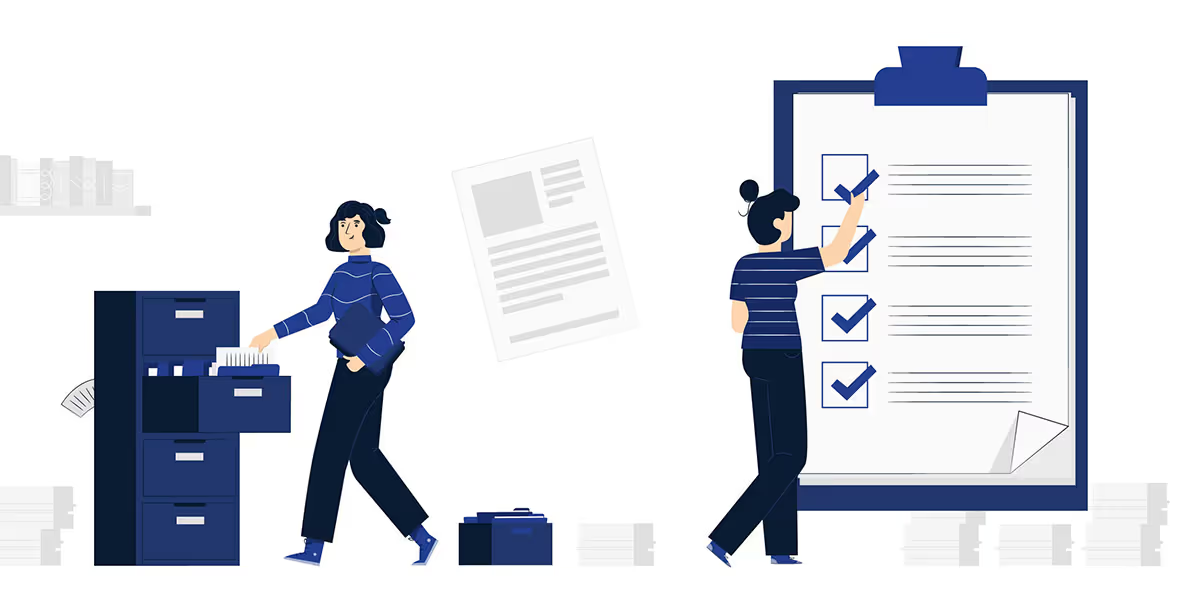What It’s Like Being a Freight Coordinator: Lost Freight

If you’re new to shipping, you probably don’t know the true despair that comes with lost freight. If you thought people got mad about missed pickups, missed deliveries, or delayed shipments, buckle up – you’re in for a ride.
While it seems insane that entire pallets of stuff can just go missing, it’s a reality that occurs practically every day. It’s easy to give UPS a break when your two pound package of Himalayan sea salt goes AWOL, but two 1,000 lb. skids of gravel? I’m dubious. Regardless of how you feel about it, skids go missing all the time. When they do, you have a lost freight situation.
Accidents Happen So Be Prepared

While losing portions of shipments is most common in the LTL world where your freight changes trucks and docks a few times, that doesn’t mean it doesn’t happen in other situations too. Trains can derail, boats can sink, and box trucks can flip over. All of those accidents result in the same thing: lost freight.
Like most things in shipping, dealing with lost freight is way easier if you’re prepared on the front end, not reactive on the back end. No matter what happens, be ready to fill out some paperwork. You’re going to become best friends with your client, the claims processor, and anyone else who gets involved in determining compensation for the lost product. Here are 5 things to keep in mind when you’re working through a lost freight claim:
1. The 3PL or the Client Can File the Claim
When freight goes missing, either the 3PL or the shipper can file the claim, but not both. I’ve found the best outcomes happen when the shippers file the claim themselves, but it’s up to you how you handle it. Ultimately, it comes down to what kind of service you’re providing the client.
2. Fill Out Your BOLs Correctly

When you ship stuff, especially via LTL, the main shipping document is the bill of lading (BOL). The BOL has all the shipment details on it like what you’re shipping, how much of it you’re shipping, where the freight’s going, and where it came from. It also shows the payer of the shipment.
Something to keep in mind is that sometimes lost freight isn’t a whole skid. It might be 1 carton that fell off a poorly shrink-wrapped pallet of 15 boxes. If you didn’t mark your box count on the BOL, you’re probably out of luck. That’s why you have to make sure the BOL reflects the freight as best as it can, which means total skids and total boxes.
3. Get Your Invoices Ready
When you file a freight claim, you’re going to have to prove how much the missing product was worth. That information comes from invoices. Your client should have an invoice ready, but if they don’t, they’ll need to make one. Another thing: you’d better make sure the invoice matches the freight class of the shipment on the BOL.
4. Prepare for Battle

Fighting for compensation on missing freight is never a fun process. The shippers don’t want to pay, because that’s money out of their pocket. That’s why you have to make sure you’re ready to go to battle to get compensation for that missing freight. Be ready to call multiple times per week to follow up on your claim.
5. Make Sure Your Freight Valuations Are on Point
As a 3PL, you should always ask what the value of the freight is before you ship it. Usually, there’s a limit for how much value a standard shipment is insured for. If your lost freight is worth more than that, and you didn’t purchase extra insurance, sorry pal, you just lost some money.
It’s your responsibility as the 3PL to make sure your shipments are covered for the proper amount. You should always be asking your clients what the total value of the shipment is before pickup. If you don’t, you and your company could be left holding the bag for really valuable freight that goes missing.
In Summary

Losing freight is never a good time. It’s stressful, and nobody’s ever happy. That’s totally understandable. The 3PL’s responsibility is to always have your client’s back, and always make sure you have the correct information about every shipment. That includes total value, freight contents, carton totals, skid totals, weight totals, and freight classification. Those pieces of information are there to cover your back if things go south. If you don’t do the work up front, your missing shipment can become a real pain in the behind. Or, you and keep track of all this information with Alvys.
Other posts in this series:
What It’s Like Being a Freight Coordinator: Scheduling Pickups
What It’s Like Being a Freight Coordinator: Tracking Drivers
What It’s Like Being a Freight Coordinator: Deliveries
What It’s Like Being a Freight Coordinator: Identifying Freight Classes

